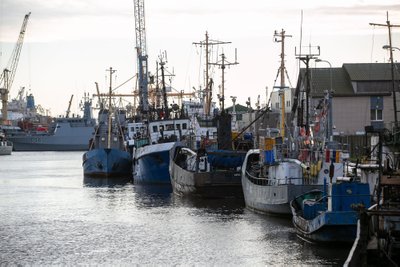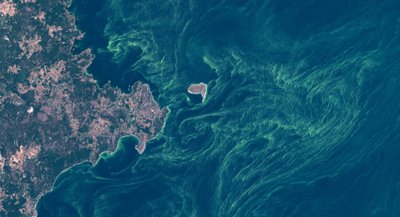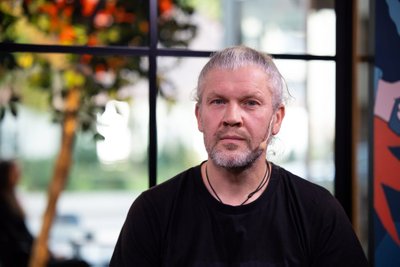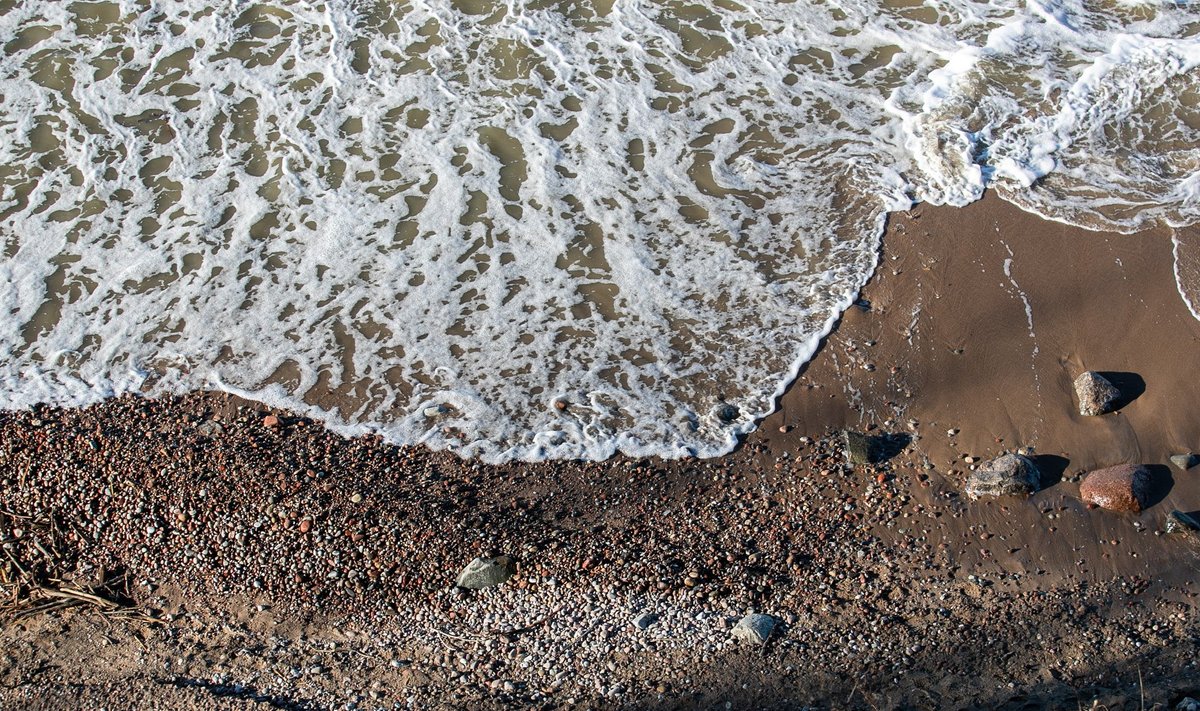Fishermen share stories testifying to the once delightful large fish hauls and sightings of porpoises glimmering between the waves near the Palanga Bridge during the interwar period. Porpoises are the only relatives of whales in the Baltic Sea, with a few hundred remaining in the area. The changes in the Baltic Sea are revealed not only by old tales but also through years of scientific observation.
Klaipėda scientists: Baltic Sea fish stocks state is alarming
Researchers of Klaipėda University Marine Research Institute Nerijus Nika, Tomas Zolubas, and Marijus Špėgys point out that the current state of valuable Baltic Sea fish populations has deteriorated. Fish stocks have declined over the last century, while the fish themselves have shrunk in size.
“Indeed, a few decades ago, fishermen could boast about much larger catches of valuable predatory fish like cod, salmon, and halibut. The major factor affecting these resources is commercial fishing. However, many other negative components add up, such as climate change and the still uncontrollable marine pollution,” says Tomas Zolubas.

Fish researchers are particularly worried about the condition of Baltic Sea cod stocks.
“Since 2020, fishing for the eastern cod stock has been suspended due to its critical condition, but today, four years later, the stock shows no signs of recovery. One of the main contributing factors is likely to be the expansion of oxygen-depleted dead zones, which results in fewer spawning and feeding grounds suitable for fish. The poor growth of cod stocks may also be related to other negative circumstances, such as deteriorating nutritional conditions and the spread of parasites,” explains Nerijus Nika.
Dead zones – consequence of eutrophication
According to experts, the formation of oxygen-deficient dead zones in the Baltic Sea is one of the consequences of eutrophication, commonly known as “algal bloom.” It is a process caused by increased levels of nitrogen and phosphorus in the water, leading to an intense growth of microscopic algae and cyanobacteria.
The decay of excessive amounts of algae in the water rapidly consumes oxygen. Therefore, this element, essential for animal respiration, eventually becomes scarce. Algae accumulations can also be noted on our coasts, disgusting holidaymakers with an unpleasant smell.

Both nitrogen and phosphorus compounds reach the sea through river water, which is already contaminated with agricultural fertilizers and wastewater from factories and households. However, scientists stress that while eutrophication causes significant damage, it is not the only challenge the Baltic Sea ecosystem faces.
“Humans have been producing thousands of chemicals, which then are discharged into surface waters and eventually end up in the sea – starting from various already banned pollutants, such as the pesticide DDT, dioxins, and heavy metals, to pharmaceuticals, which also reach water bodies,” says Marijus Špėgys, a researcher at the Marine Research Institute.
According to scientists, contaminants may not only harm fish – through food chains, pollutants may negatively affect the entire Baltic Sea ecosystem and even reach humans.
Ambitious expedition calls attention to Baltic Sea’s problems
In March 2024, G. Bučas and his team will start the expedition “Save the Baltic Sea.” Its purpose is not only to observe the issues affecting the sea but to capture the experiences of local communities and to bring scientists, non-governmental organizations, and government representatives together for an urgent dialogue.
“The Baltic Sea countries have already been committed to some agreements aimed at saving the healthy state of our sea. One of them is the Baltic Sea Action Plan prepared by the intergovernmental Helsinki Commission (HELCOM). However, we can notice that these actions are being taken slower than they should be,” says expedition leader Giedrius Bučas.

“We want to spread the message and unite citizens, business, and government representatives of all the Baltic Sea countries to take necessary actions to preserve the Baltic Sea’s vitality for future generations. After all, the sea begins in our cities, at our homes, and with our actions. But first and foremost – it starts in our minds,” says the activist.
Laura Stukonytė, marine biologist, member of expedition “Save The Baltic Sea”

